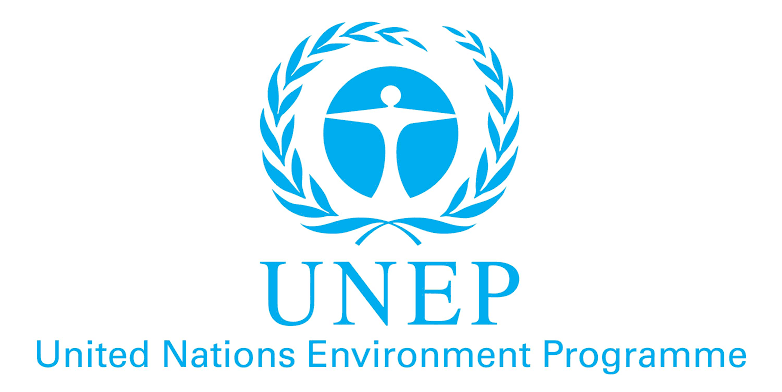By Gabriel Agbeja
The cooling demand is set to triple across the globe by 2050, driving climate change and overloading power grids.
This is contained in a report issued by the UN Environment Programme (UNEP) on Tuesday in Belem, Brazil.
The report encouraged countries to embrace Sustainable Cooling Pathway (SCP) which would cut 64 per cent off cooling emissions by 2050.
According to the report, the SCP is capable of protecting three billion people from rising heat, saving up to 43 trillion US Dollar in avoided electricity, and infrastructure costs.
The News Agency of Nigeria (NAN) reports that SCP, published by the UNEP-led Cool Coalition, is the most comprehensive assessment to date of rapidly growing global demand for cooling and the need for climate-friendly solutions to the issue.
It can provide access to space cooling or refrigeration, resilient buildings and urban green spaces to all – including low-income and vulnerable groups – such as smallholder farmers, women and elderly – without exacerbating the climate crisis.
The report said, adopting sustainable cooling, with a strong focus on passive techniques of low-energy and hybrid cooling that combines fans and air conditioners that consume little or no power, could cut greenhouse gas emissions.
According to it, sustainable cooling can save trillions of dollars and expand life-saving cooling access to those who need it.
“Global Cooling Watch 2025 launched today at COP30 in Belém, Brazil, finds that cooling demand could be more than triple by 2050 under business as usual, driven by increases in population and wealth.
“Also by more extreme heat events and low-income households increasingly gaining access to more polluting and inefficient cooling.
T”his would almost double cooling-related greenhouse gas emissions over 2022 levels.
“ This tends to push cooling emissions to an estimated 7.2 billion tons of CO2e by 2050 despite efforts to improve energy efficiency, phase down climate-warming refrigerants and overwhelm power grids during peak load, `it said.
The report stated that adopting SCP would reduce emissions to 64 per cent, 2.6 billion tons of CO2e , below the levels expected in 2050.
“When combined with rapid decarbonisation of the global power sector, residual cooling emissions could fall to 97 per cent below business-as-usual levels, “ it added. (NAN)
Edited by Rotimi Ijikanmi











